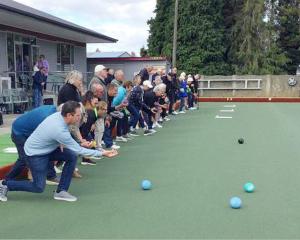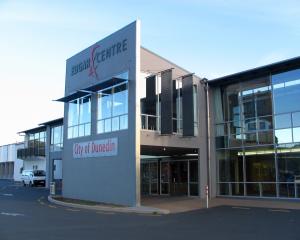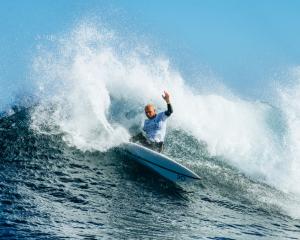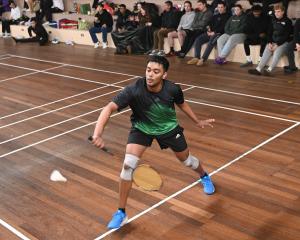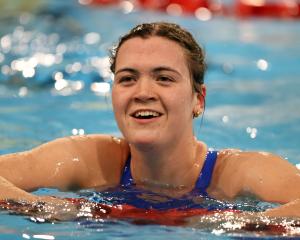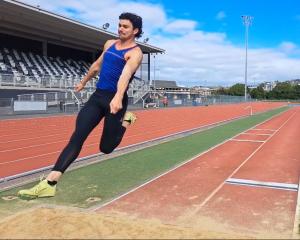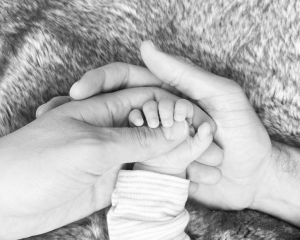What a privilege it is to travel with the Maori All Blacks for two weeks during their two-test series in Japan.
It has been eight years since I was immersed in the culture that surrounds a high-performance team - an environment with which I am familiar and yet feels different.
Different because I'm no longer a central part of this world as a player (which takes me a while to adjust to), and different because obviously it's a men's team (I'm surprised by the subtle impact gender has on how things are done).
The Maori All Blacks are also different because they must balance the goals of Maori protocols and culture with the goals of an elite sporting team.
The emphasis on the Maori component also makes this environment unique.
As a researcher, I get the opportunity to see first-hand how the team integrates Maori culture with elite rugby culture and it has been seamless so far.
The kaumatua, Luke Crawford, does a great job of getting the right mix of tikanga (Maori culture) and rugby focus, and the players and management buy in to this formula 100%.
It is only day two of our time in Kobe, and yet the players have gelled well and experienced many rituals and protocols associated with Maori culture.
It is always like this at the start of a campaign, before the starting XV is named and before the games are played.
It is a mix of excitement about going on tour, being selected for an elite team, and anticipation for what is to come.
This team has more to anticipate, however, with the cultural elements being an integral part of ''how things are done around here''.
There has been a powhiri (welcome) to new players, and all members of the touring party have recited their whakapapa (genealogy) in front of the team - many were nervous but they passed with flying colours.
Some players have obviously worked on their pepeha (introduction) since last year and this is greeted with ''woah'' sounds from the players.
There have also been karakia (prayers) at various times to indicate the importance of what is about to occur and to pay respects to those elements we cannot see but nonetheless feel.
Does this team mean anything to these players? I would argue it does and this was illustrated keenly when two of the players were farewelled on Sunday due to injury.
The players thought it fitting to farewell them with a haka and it was very moving.
No-one likes to leave a team early in the campaign, and a poroporoake (farewell) is the best way to acknowledge their mana and feelings respectfully rather than let them slink away un-noticed.
Luke is the perfect teacher in terms of setting the scene, being patient and encouraging, and explaining the processes as they occur.
He works with the coaching and management staff constantly, and Colin Cooper and Tony Ward, in particular, keep the rugby side of this team in focus without being disrespectful.
So far it is a well-oiled machine but then again that's because a lot goes on behind the scenes to make it so.
My research seeks to understand what impact being in this team has on the cultural identity and wellbeing of the players, but I've realised that it also has an impact on the management and support staff around the players.
They have been totally immersed in the Maori rituals and protocols as well.
I'm also interested in how ''leadership'', that elusive phenomenon, is practised in this environment.
So far, leadership comes into focus when there is a clear purpose or protocol around the team's activities: at haka practice, getting luggage on and off the plane, training, and when someone needs to step up to set the mood or the expectations of the group.
Leadership is also present in a more dispersed and subtle way.
Things seem to happen organically with very few words said, and that aspect of leadership is going to take a little more time to understand and unveil.
I won't take this privilege for granted and am looking forward to seeing this team, a symbol of Maoridom and an integral part of the New Zealand rugby family, in action on and off the field.
They play the Japanese men's rugby team, the Brave Blossoms, this Saturday and that is when the Maori and rugby elements will come together in a way that will represent the players and the Maori All Black legacy at its best.


